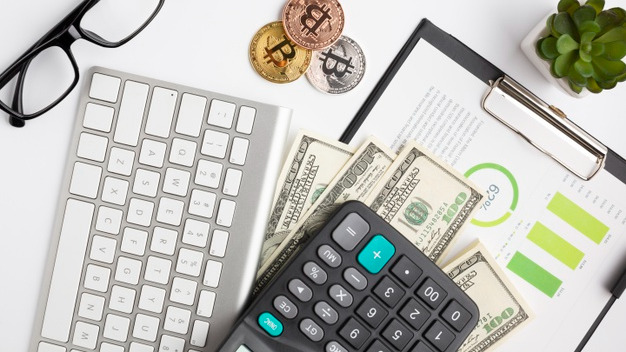
On many exchanges today their real capitalization, if you transfer all their assets from securities to real estate, raw materials, currency and other types of property, at times less than the amount of working money, which huge flows turn in the stock cycle. But why is this happening?
We can observe this trend due to a large number of factors, for example, often the real capitalization of the company does not coincide with its market value and these are not isolated cases, but the main reason lies in the multitude of derivative financial assets. Imagine that you sell apricots, someone buys them, and around you ten more shops, but not with other fruits, and with papers, the price of which depends on the value of your goods. Of course, this is a hyperbolized and extremely simplified model of derivative financial assets, but everything really works on this principle.
Why do they buy them?
Such an example in many immediately caused a slight bewilderment - who buys these pieces of paper for the cost of fruit? This is an excellent question, the answer to which will largely reveal the meaning not only of derivative financial instruments, but also of the exchanges as a whole.
The first and main reason is cheapness. If we are not talking about futures, which are also, by the way, derivative financial instruments, but for example about CFDs and options, then buying them is much cheaper than the assets on which they are based. And this is despite the fact that the income you get is about the same.
The second reason is the new opportunities that derivative financial instruments can provide, for example, swaps. In short and simple, swaps are a derivative asset that involves the conclusion of two trades, one of which is concluded immediately, and the second after a while. The price and all the terms, as you might guess are negotiated in advance. Imagine, you know that the price of apricots will soon fall significantly, but how to make money on such information? You make a swap for a ton of apricots, where today you buy fruit, and a week later sell them at the same price. After making a purchase, sell all the apricots on the secondary market and, after the fall, buy them back, for nothing, and then sell at the same price to the original seller. If you originally bought them for 100 dollars, sold on the secondary market for the same amount, and bought for 10 and then sold again for 100, then your profit was 190 percent. Of course, it is quite difficult to predict the fall in the price, but even if we are talking about a small fall or growth, it can promise quite a large profit.
The third, but no less important, reason is the limitedness of the stock market. Unfortunately, the market trades a limited amount of oil or shares of Apple, but all, one way or another, want to earn on their value, here to help them come derivative financial instruments that will allow you to do it without buying a specific share or a specific product.
And, probably, the most basic reason - is convenience, agree to buy, and then sell a barrel of oil much more tedious than to speculate a contract for the supply of this product.
